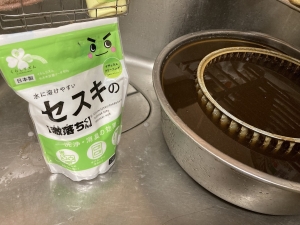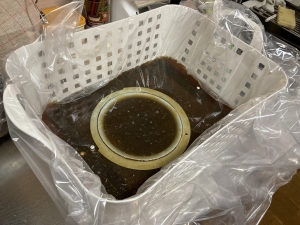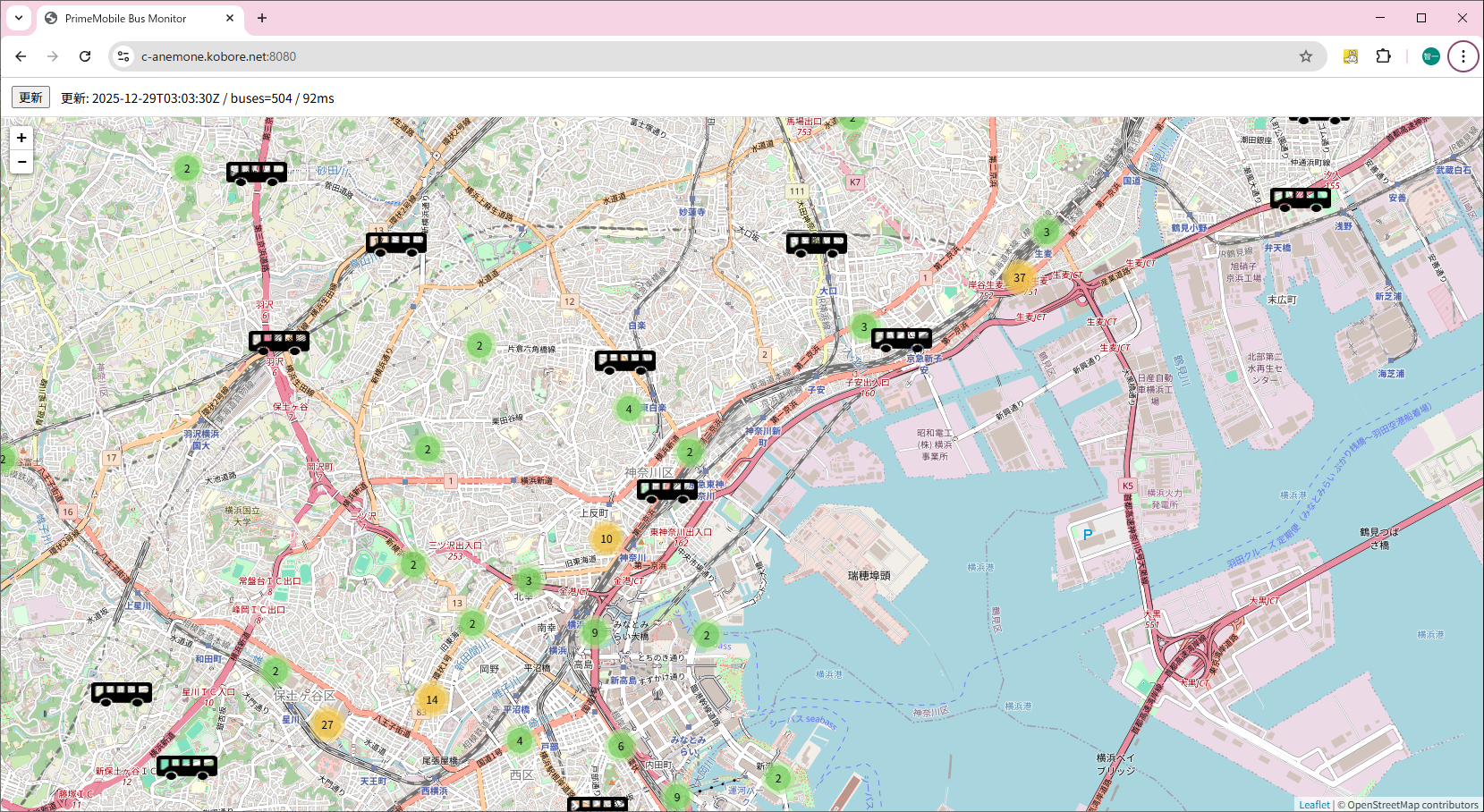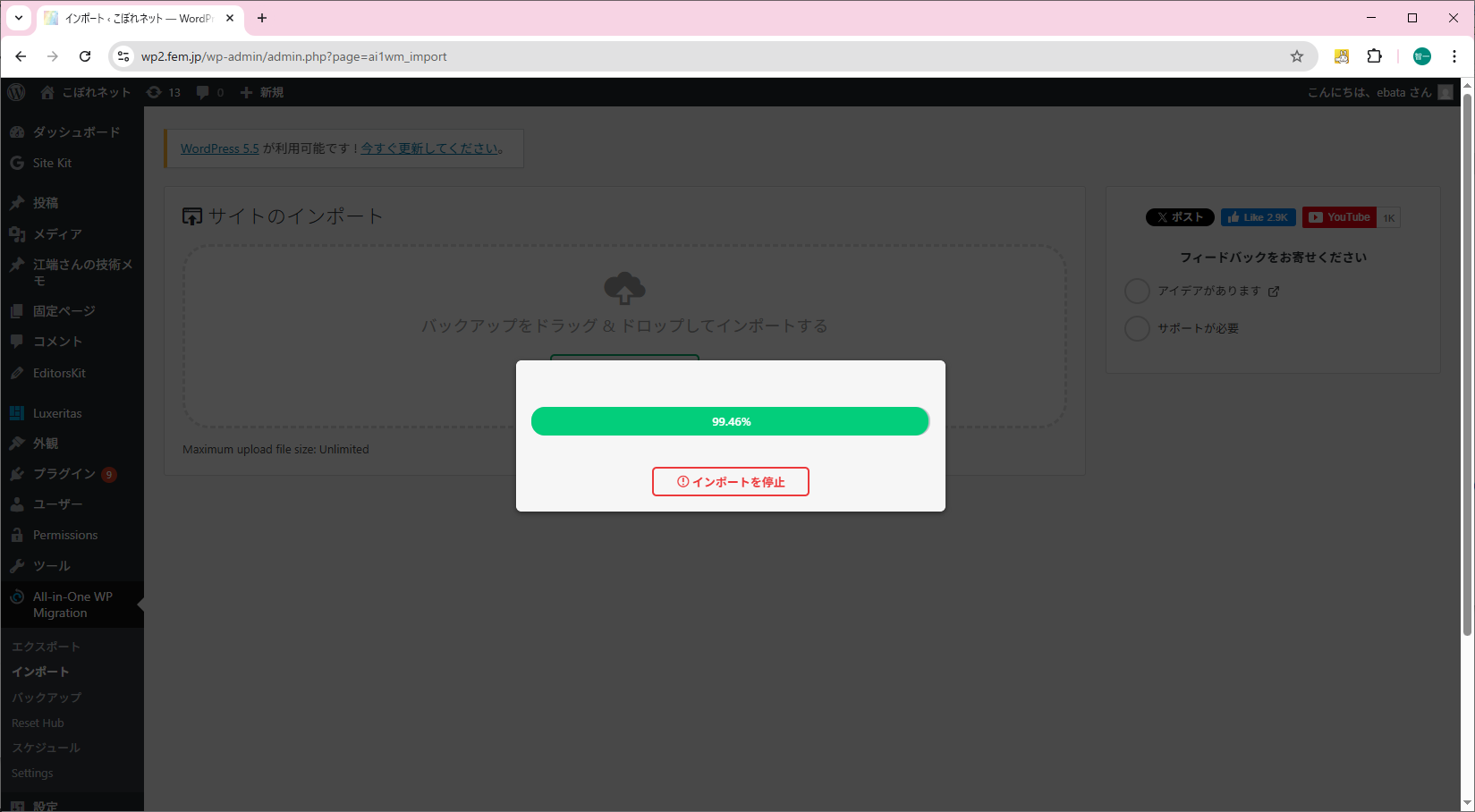私がこれまで生きてきた中で、人生のパラダイムを変えるイノベーションを挙げろと言われたら、まよわず、
If I were asked to name the innovations that have changed the paradigm of my life so far, without hesitation,
(1) パソコン
(1) Personal computers
(2) 生成AI
(2) Generative AI
の二つを挙げます。
These two would be my choices.
この二つには、驚くほど共通した評価が与えられてきました。
These two have received surprisingly similar evaluations.
―― これらのものは、人間を"バカ者"にする
"These things make humans stupid."
というものです。
That is the claim.
---
生成AIについては、まだ十分な時間が経っていませんが、パソコンについては、すでに数十年分の結果が出ています。
As for generative AI, not enough time has passed yet, but for personal computers, we already have several decades of results.
パソコンが普及する前には、次のような「弊害」が語られていました。
Before personal computers became widespread, the following "harmful effects" were often discussed.
- 計算を機械に任せることで、思考力や計算力が低下する
- Delegating calculations to machines would weaken thinking and arithmetic skills
- 文字を書かなくなり、漢字や表現力が衰える
- People would stop writing by hand, leading to a decline in kanji and expressive ability
- 情報を覚えなくなり、調べれば済むという姿勢が広がる
- People would stop memorizing information and rely solely on looking things up
- 対人コミュニケーションが減る
- Face-to-face communication would decrease
- 機械に依存し、人間が主体性を失う
- Humans would become dependent on machines and lose their autonomy
そして実際、普及後には、
And in fact, after widespread adoption,
- 暗算や手書き能力の低下
- A decline in mental arithmetic and handwriting ability
- 漢字が書けない、電話番号を覚えない
- Inability to write kanji and failure to memorize phone numbers
- 検索前提の行動様式
- Behavior based on the assumption of constant search access
- 試行錯誤の浅さ
- Shallowness in trial-and-error processes
- 画面越し中心のやり取り
- Communication centered around screens
といった現象が確認されました。
Such phenomena were indeed observed.
この点だけを見れば、
Looking only at these points,
■ パソコンは、人間の一部の能力を弱めた
■ Personal computers weakened specific human abilities
という予測は、かなり正確だったと言えます。
This prediction was reasonably accurate.
しかし、当時の議論には決定的に欠けていた視点がありました。それは、「失われる能力」ばかりを見て、「移動する能力」を見ていなかったことです。
However, a crucial perspective was missing from the discussions at the time: they focused only on abilities that would be lost, not on those that would shift.
現実に起きたのは、
What actually happened was,
■ 人間が全面的に劣化した、という事態ではない
■ Humans did not deteriorate across the board
■ 能力の総量が減ったわけでもない
■ The total amount of ability did not decrease
■ 知性の使われ方と配置が変わった
■ The way intelligence is used and allocated has changed
という変化でした。
These were the changes.
暗算や記憶は弱まりました。その代わり、設計・編集・判断・統合・抽象化といった能力は、むしろ要求水準が上がりました。
Mental arithmetic and memorization weakened, but in exchange, abilities such as design, editing, judgment, integration, and abstraction faced higher demands.
したがって、より正確に言えば、
Therefore, more precisely speaking,
■ 弊害の予測は当たった
■ The prediction of harm was correct
しかし、
However,
■ 影響の評価は外れた
■ The evaluation of the impact was incorrect
という整理になります。
That is the most accurate way to frame it.
そして、何より重要なのは、
And most importantly,
―― 『弊害があるからパソコンを止めよう』という人が、現実には一人もいなかった
No one actually said, "Because there are harmful effects, we should stop using computers."
という事実です。
That is the reality.
---
この構図は、生成AIでもほぼそのまま再現されています。
This same structure is almost perfectly reproduced with generative AI.
生成AIについて語られているのも、
What is said about generative AI is also
―― 考えなくなる
- People will stop thinking
―― 書けなくなる
- People will lose the ability to write
―― 創造性が失われる
- Creativity will be lost
―― 判断力が衰える
- Judgment will deteriorate
といった、どこかで聞いた話ばかりです。
all familiar arguments we have heard somewhere before.
おそらく将来、これらの多くは「また当たっていた」と言われるでしょう。
In the future, many of these will probably be said to have been "right again."
生成AIは、人間の一部の能力を確実に弱めます。思考の初動を、AIに委ねる場面が増えるからです。
Generative AI will certainly weaken some human abilities, because the initial stage of thinking is increasingly delegated to AI.
文章を書く前にAIに聞く。コードを書く前にAIに出す。構成を練る前にAIに要約させる。
We ask AI before writing sentences. We give code to AI before writing it. We have AI summarize before planning the structure.
この時点で、すでに手を動かす前の仕事は、人間の手を離れています。
At this point, the work done before actually using our hands has already left human control.
では、その先に待っているのは、人間の劣化でしょうか ―― パソコンの歴史を見る限り、答えは否です。
So does that mean human degradation awaits us? Judging from the history of computers, the answer is no.
---
失われる能力がある一方で、人間に求められる能力の重心は、確実に移動します。
While some abilities are lost, the center of gravity of abilities demanded of humans clearly shifts.
生成AI時代に残るのは、
What remains in the age of generative AI is,
- 任せる/任せないを決める判断
- Judgment about what to delegate and what not to delegate
- 出力の妥当性を見抜く評価
- The ability to evaluate the validity of outputs
- 文脈に合わせた修正
- Adjustments aligned with context
- 複数結果の統合と意味づけ
- Integration and meaning-making across multiple results
- 問いそのものを設計する力
- The ability to design the questions themselves
といった、外部化しにくい知性です。
These are forms of intelligence that are difficult to externalize.
それにもかかわらず、
Nevertheless,
―― 弊害があるのだから、生成AIを止めよう
"Because there are harmful effects, we should stop generative AI."
という主張が、世界に通用する訳がない。
It is a claim that has no chance of being accepted by the world.
そういうことを言っている人や新聞の論評を見る度に、私は『この人、時間を無駄使いしているなぁ』と思っています。
Whenever I see people or newspaper editorials making such claims, I think, "This person is wasting their time."
(ちなみに、このコラムのネタは、頼みもしないのに、サービスとしてここ2~3日我が家のポストに投函された、朝日新聞をパラパラと読んだ時に、思い至りました。)
(By the way, the idea for this column came to me while casually flipping through the Asahi Shimbun, which was delivered to my mailbox as a "service" over the past few days without my asking.)
---
この考えに至ったのは、技術の話だけを見てきたからではありません。
I did not arrive at this conclusion by looking only at technology.
東京2020オリンピックは、開催前まで反対意見が圧倒的でしたし、大阪万博2024も、廃止論の方が目立っていました。
Before the Tokyo 2020 Olympics, opposition was overwhelming, and for Expo 2024 Osaka, abolition arguments were more prominent.
ところが、開催が始まった途端、あるいは終わった途端に、反対の声は、驚くほどきれいに消えました。
However, as soon as the events began or ended, the opposing voices disappeared with surprising cleanliness.
賛成に転じたわけではありませんし、是非が解決されたわけでもありません。
It was not that people switched to supporting them, nor that the issues were resolved.
ただ、「もう戻らない」と認識された瞬間に、話題にされなくなっただけです。
They stopped being talked about once it was recognized that there was no going back.
ですので、今なお、「東京2020は中止すべきだった」「大阪万博2024はやるべきではなかった」と声高に言っている人がいるなら、ぜひ紹介して下さい。
So if there are still people loudly insisting that "Tokyo 2020 should have been canceled" or "Expo 2024 Osaka should not have happened," please introduce them to me.
---
まあ、つまり、こういうことです。
In short, this is what it comes down to.
―― 一度走り始めてしまえば、私を含めて、世間なんぞ、実にチョロい
"Once something starts moving, society, including myself, is remarkably easy to sway."
あれほど、問題だ、危険だ、人間がダメになると言っていたはずなのに、気がつけば、文句を言いながら、全員が普通に使っている。
Despite all the talk about problems, dangers, and human decline, before we realize it, everyone is using it anyway while complaining.
パソコンもそうでした。生成AIもきっと同じです。
That was the case with computers, and generative AI will surely be the same.
「本当は反対だった」「危険性は理解している」「使うべきではないと思っている」そう言いながら、今日も検索し、今日もコピペし、今日もAIに聞いています。
Saying "I was actually against it," "I understand the risks," or "I don't think it should be used," we still search, copy-paste, and ask AI every day.
人間というのは、信念より便利さを、主張より締切を、思想より効率を、だいたい優先します。私も含めて。
Humans tend to prioritize convenience over beliefs, deadlines over principles, and efficiency over ideology, myself included.
だから、パソコンも生成AIも、出現してしまった以上、もう止まりません。
That is why neither computers nor generative AI will stop once they have appeared.
「慎重に議論すべきだ」という正論は、「明日の会議に間に合わせたい」という現実に、ほぼ確実に負けます。
The correct argument that "we should discuss this carefully" almost always loses to the reality of "we need to be ready for tomorrow's meeting."
批判している人たちが間違っているとは思いません。正しいことを言っている場合も多いでしょう。
I do not think those who criticize are wrong; they often say correct things.
ただ、その横を、何事もなかった顔で、ただ世界が進んでいくだけです。
But beside them, the world moves on as if nothing happened.
パソコンが使えない人や生成AIを拒否する人を、責める必要はありません。責めなくても、世界の方が、彼等を勝手に置いていきます。
There is no need to blame people who cannot use computers or who reject generative AI; even without blame, the world will leave them behind on its own.
---
私が、何が言いたいかというと、
What I want to say is this:
―― 世間の流れに「批判」だけで逆らうのは、コストパフォーマンスが、恐ろしく悪い
"Resisting the flow of society with nothing but criticism has a terribly poor cost-performance ratio."
ということです。
That is the point.
流れることには、面倒も苦労も伴います。納得できないことも、腹の立つことも、山ほどあります。それでも結局、私たちは流れます。
Going with the flow involves hassle and hardship, and there are countless things we cannot accept or that anger us. Still, in the end, we flow along.
文句を言いながら、自分は違う顔をしながら、「仕方がない」と言いながら。
While complaining, while pretending we are different, while saying "it can't be helped."
---
要するに、
In short,
―― 世間はチョロい
"Society is easy."
のです。
That's how it is.
私を含めて。
Including myself.




